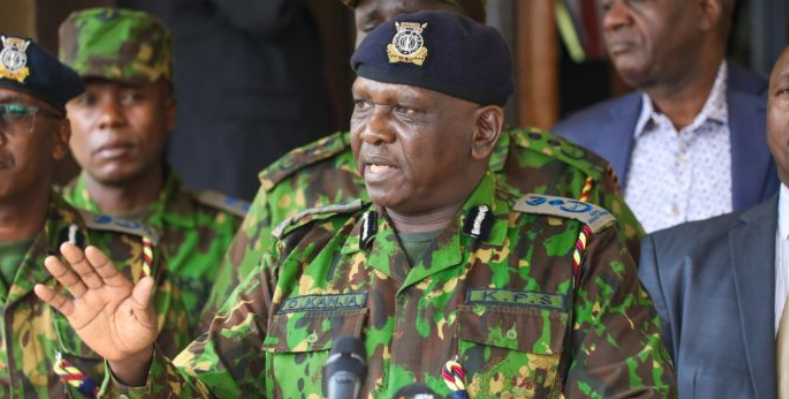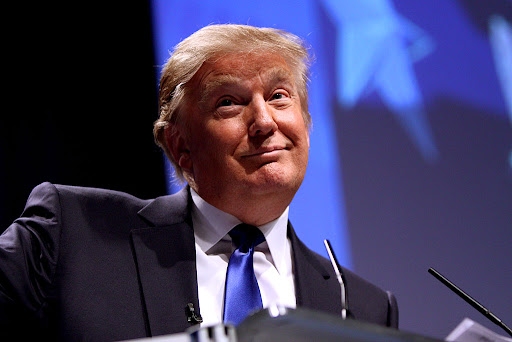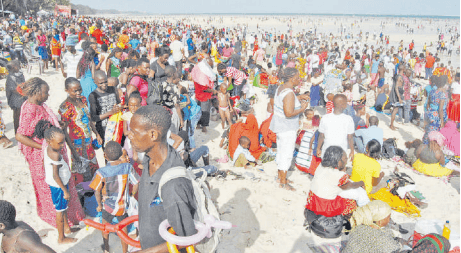
Inspector General of Police Douglas Kanja said Wednesday his
office has not received formal directions following changes by the United
Nations Security Council to replace Kenya in leading the Multinational Security
Support Mission (MSS) in Haiti.
On Tuesday, September 30, the UN Council voted to replace
Kenya, which has been leading the exercise to combat gangs and restore order in
the violence-torn Caribbean nation since June 2024.
The Security Council backed a resolution, co-authored by the
US and Panama, to transition the Kenyan-led MSS for Haiti into the Gang
Suppression Force (GSF).
The GSF will run under an initial 12-month mandate while
working in close collaboration with the Haitian National Police (HNP) and the
Haitian Armed Forces (HAF) to neutralize gangs, provide security for critical
infrastructure, and support humanitarian access.
It is expected that the GSF will consist of a 5,550-strong
force tasked with protecting vulnerable groups, supporting the reintegration of
former fighters into communities, and helping to strengthen Haitian
institutions.
Speaking at the Embakasi Police Campus on Wednesday, Kanja
said they are waiting for communication from the relevant authorities regarding
the fate of more than 800 Kenyan officers serving in Haiti.
“We are waiting for directions from the relevant agencies.
Then we will know what will happen. Remember such directions are issued by the
UN Security Council,” he said.
He added that Kenyan police have been ready for the mission
and, for now, remain stationed in Haiti.
Kanja spoke while inaugurating a team to oversee a police
recruitment exercise set to begin on October 3, 2025.
Kenya, which led the MSS mission approved in 2023, has
welcomed the transition to the GSF.
Foreign Affairs Principal Secretary Korir Sing’oei on
Wednesday endorsed the mission, noting its robust mandate.
“The GSF will conduct
intelligence-led counter-gang operations to neutralize, isolate, and deter
gangs. This is a policy decision to be made in due course and will be
communicated,” Sing’oei said.
The GSF will comprise 5,500 police and military officers,
bolstered by a UN Technical Office, which will assume full responsibility for
logistical support and resource mobilization.
The mission will also
work with the Organization of American States and rely on a newly created UN
Support Office.
U.S. officials argued that a more lethal, scaled-up effort
was needed, as the MSS mandate limited independent operations and hampered the
ability of security forces to reduce gang territorial control.
Armed groups have been coordinating simultaneous attacks
across the country, overwhelming local forces.
Ultimately, the goal of the new suppression force is to
support Haitian security agencies and institutions to ensure conditions are
conducive for free and fair elections, while enabling humanitarian aid
delivery.
Like the MSS, the GSF will have a force commander but will
now be overseen by a coalition of troop-contributing countries.
Experts, however, have raised concerns about coordination,
noting the challenges of deploying soldiers and police who have not previously
trained together.
The force will report to a special representative, a
civilian providing oversight and political direction. While personnel funding
will continue to depend on voluntary contributions, operations and logistics,
including the U.S.-constructed base in Port-au-Prince, will now be managed by
the new UN Support Office.



















